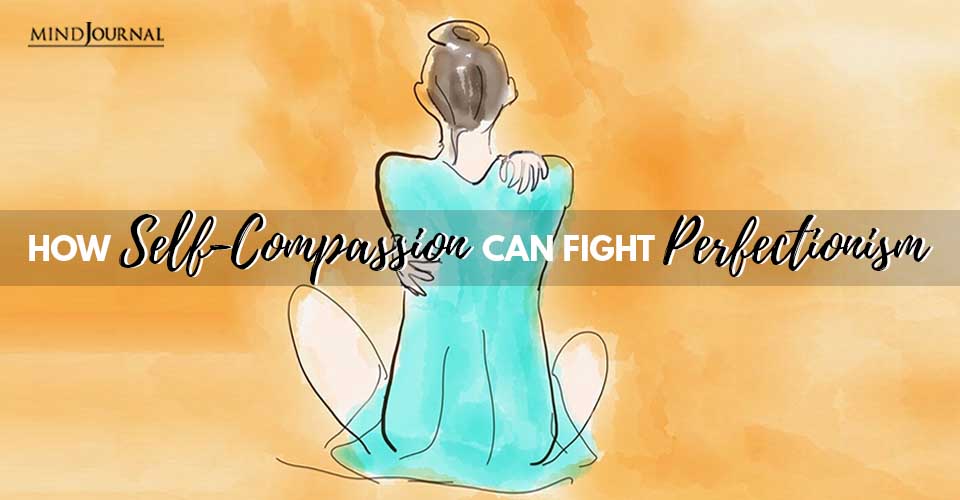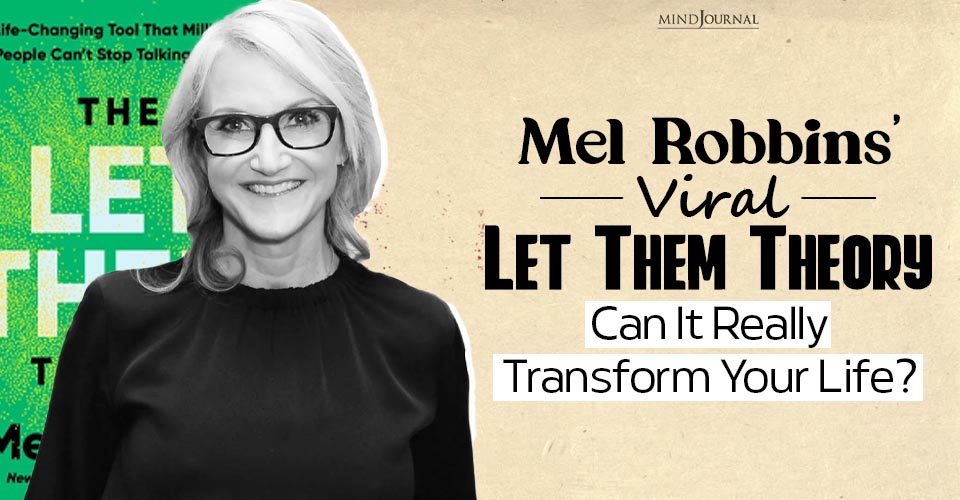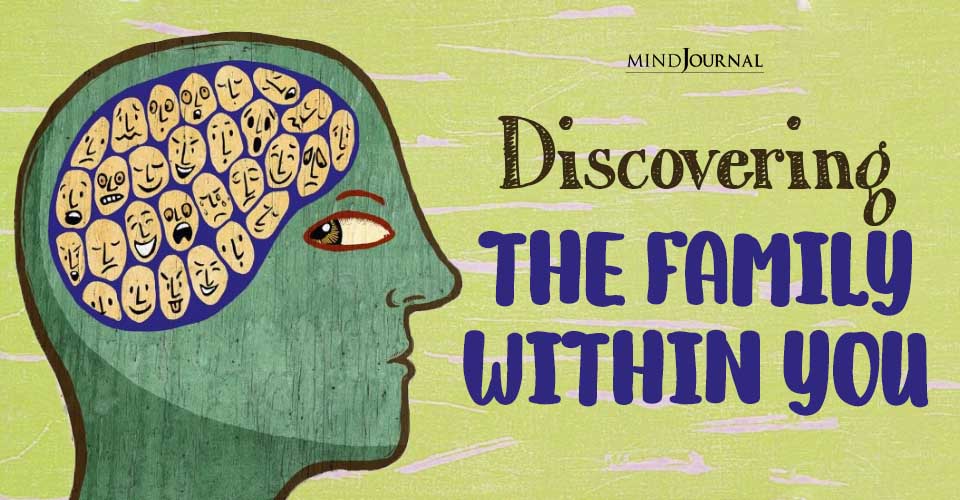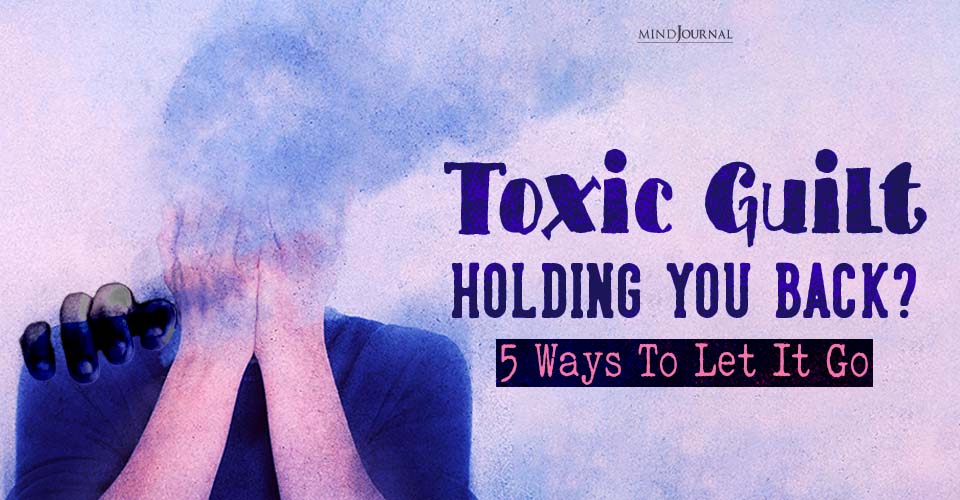Self-compassion can fight perfectionism! “Be kind to one another.”
You don’t need to be a die-hard Ellen DeGeneres fan to appreciate the value of that motto. And while we’re reminded how kindness goes a long way in our everyday interactions with others, we often forget to apply it to those who need it most: ourselves.
Whether it’s setting a personal weight-loss goal or believing that we can ace a final exam—all of us are familiar with the experience of setting high standards. We’re even more familiar with the inevitable let-down that comes from not living up to those very standards.
Enter, the life of a perfectionist.
But, importantly, not all perfectionists operate the same. There are different types that are associated with different psychological outcomes.
On the one hand, if you strive to attain your ambitious goals and prevent yourself from being overly self-critical, you might be a personal strivings perfectionist. This isn’t so bad. In fact, this type of perfectionism is more likely to lead to relatively higher levels of self-esteem and decreased levels of negative affect.
On the other hand, if you constantly believe that you are not good enough, if you judge yourself by your shortcomings, and if you are constantly worried that other people won’t approve of you, then you might be more on the side of maladaptive perfectionism. This form of perfectionism has been linked to depressive symptoms in both adolescents and adults.

Related: 10 Signs You’re A Perfectionist and How To Overcome
It’s no wonder then that researchers are curious to know more about interventions that help buffer against this maladaptive perfectionism.
In one recent study, researchers examined the possibility that self-compassion can protect us against the negative effects of maladaptive perfectionism.
The questions is, can self-directed kindness increase our chances of living a full, healthy life? Can it combat the symptoms of depression that come from this less ideal version of perfectionism?
Understanding self-compassion
You may ask, “What exactly is self-compassion? And is it something that can be cultivated by anyone, or is a skill that is only available to some of us?” To shed some light on these questions, researchers have broken down self-compassion into three main components: self-kindness, common humanity, and mindfulness.
While the first component is self-explanatory, the other two require careful consideration. When something terrible happens to us, often the initial reaction is to sit and wallow in our grief and self-pity. We convince ourselves that no one else is going through similar problems in their lives. But that is simply not true. Statistically speaking, it’s an erroneous judgment.
Related: What’s The Difference Between Self-Centeredness, Selfishness, and Self-Awareness?
In order to be more accepting of ourselves, we need to realize that we are never as alone and isolated as we think we are. This is at the heart of common humanity.
At the same time, many of us are prone to over-analyzing painful experiences or trying to avoid negative feelings altogether. Mindfulness then, is about acknowledging our thoughts, feelings, and emotions without judgement, and accepting them as part of the common human experience.
Back to our study. Taking into account these three sub-components, the researchers in the present investigation set out to predict that self-compassion would weaken the relationship between perfectionism and depression in both adolescent and adult populations.
Related: 5 Ways You Can Practice Self-Compassion And Be Kind To Yourself
The study
541 adolescents from grades 7 to 10 were recruited for the first study. Participants were asked to complete three online questionnaires during school hours, as part of a larger well-being intervention study. The questionnaires tapped into perfectionism, mood/feelings, self-worth and self-esteem, as well as reported self-compassion.
As predicted, self-compassion was found to moderate, or weaken, the relationship between maladaptive perfectionism and depression in this sample of adolescents. Next, the researchers wanted to see if the results would hold for adults.
515 adults from the general population were recruited through online advertisements. Again, participants were asked to complete the same questionnaires. Once again in line with the researchers’ predictions, self-compassion was found to weaken the relationship between perfectionism and depression in the adult sample. What was true for teens was also true for adults later on in life.
Related: 12 Tips To Self-Love And Compassion
Why it matters
It seems that more than anything, today’s culture values perfection. Parents and teachers may push us towards excellence at school, our friends may judge us by how we dress and act in their company, and perhaps worst of all, our social media accounts constantly fool us into thinking that there are people out there who actually have perfect lives.
Good news, bad news.
The bad news is that we can’t completely eradicate perfectionistic thoughts.
Good news is that we can try to change our relationship to those thoughts through self-compassion.
If we learn to cultivate self-kindness, connection, and mindfulness as we strive toward achieving our goals, any setback we face along the way will be met with greater resilience and mental strength. As a result, we are less likely to fall victim to the debilitating effects of depression, and more likely to live a happy, balanced life.
So, as Ellen DeGeneres reminds us, always be kind to others. But before you do, be sure to look after yourself first. In this case, it’s okay to be a little selfish.
What do you think? Let us know in comments.
References
Ferrari, M., Yap, K., Scott, N., Einstein, D., & Ciarrochi, J. (2018). Self-compassion moderates the perfectionism and depression link in both adolescence and adulthood. PLOS ONE, 13(2), e0192022. doi: 10.1371/journal.pone.0192022
Hill, R., Huelsman, T., & Araujo, G. (2010). Perfectionistic concerns suppress associations between perfectionistic strivings and positive life outcomes. Personality And Individual Differences, 48(5), 584-589. doi: 10.1016/j.paid.2009.12.011
NEFF, K. (2003). The Development and Validation of a Scale to Measure Self-Compassion. Self And Identity, 2(3), 223-250. doi: 10.1080/15298860309027
Stoeber, J., & Otto, K. (2006). Positive Conceptions of Perfectionism: Approaches, Evidence, Challenges. Personality And Social Psychology Review, 10(4), 295-319. doi: 10.1207/s15327957pspr1004_2
Written by: Nicholas Hobson
This piece originally appeared as part of an open-sourced project on human flourishing in the workplace.










Leave a Reply